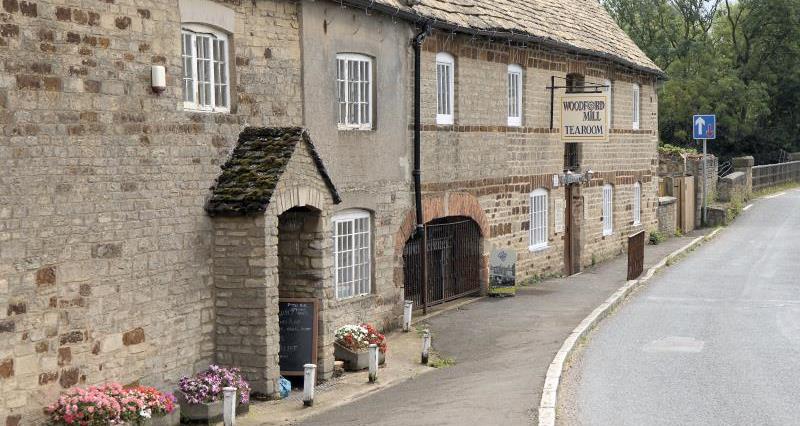The town planning system can act to make the rural economy less sustainable when it does not allow for farm modernisation, diversification and homes for farm workers.
As services such as schools, public houses and shops close in rural villages and public transport and access to medical services are reduced, the situation is made worse for those who actually work and support the rural environment and for the increasing ageing population, reflected in the farming community.
Enjoying a countryside life is an aspiration for many, not just those who farm. People live in rural areas and commute to work in urban areas, they retire to the countryside or maintain second homes.
The planning system can be proactive and help promote more economic and social activities to allow more diverse local rural economies and encourage people to stay and work locally and feel integrated into rural communities.
Nearly one quarter of businesses are located in rural areas with 66% of farms accommodating diversified activities. This trend looks to be continuing and needs to be supported by a positive planning system. Neighbourhood plans, if inclusive, can also offer an opportunity for wider community involvement.
Local people need housing they can afford to rent or buy. For rural communities to thrive this means homes for people who work on farm and support rural communities, for young people and families and those needing to retire. More homes are needed on farm to support farming families and businesses.
There is a role for affordable rural housing that is justified from the local level upwards, to assist local people seeking to live and work close to family (who they support or support them), and who work locally. The rationale for new housing can be difficult to justify when assessed only at local planning authority level, local people need to feel part of the process. Residential building conversion and using neighbourhood plans to help deliver local new build housing can help,
